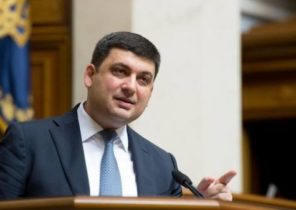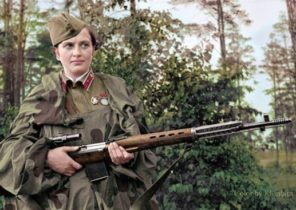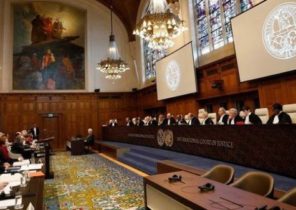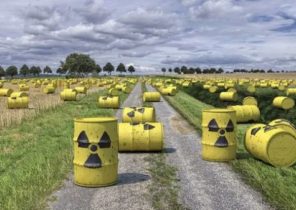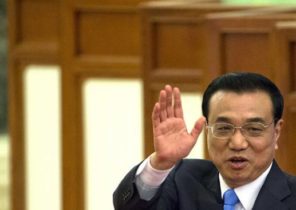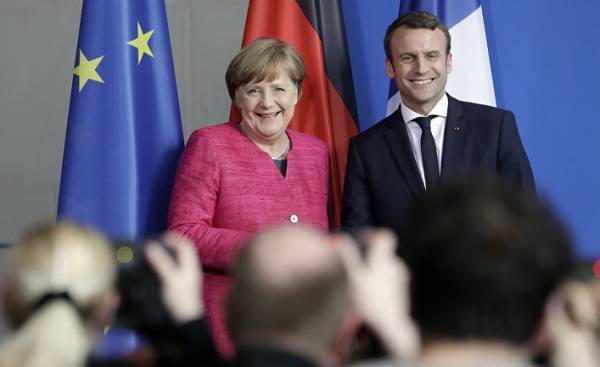
In history, there come times when a leader must decide what it means to belong to a particular culture and country. In 2017, many countries, apparently, need to be reminded. German Chancellor Angela Merkel just did — equally casual and serious — define what it means to be German.
The definition, published in Bild newspaper on Thursday, June 22, took the form of an alphabetical Glossary which included those things and notions, which it considers a purely German. Some of the items are extremely serious — for example, “eternal responsibility of Germany for the Holocaust” or “Article 1, paragraph 1 of the German Constitution” (which refers to the inviolability of human dignity). Other items, such as, for example, the traditional greeting of fairground clowns “Helau” and “Alaaf”, seem rather strange. There are those items that in other countries traditionally associated with the Germans and their traditions: “punctuality”, “accurate work”, “bratwurst”, “order”, “Oktoberfest”, “the Wagner Festival in Bayreuth”. Others represent traditions that are less known: “collective agreements”, “choral singing” and “Church tax”. Several points can be combined into a group of concepts related to national pride: “the fourth star” (referring to the fourth world Cup in Germany) and “world champion of export”.
Of course, all this is one of the tricks of the election campaign. During the election campaign in 2013 on video, which quickly spread in the network, Merkel angrily took the German flag standing next to her member of her party, who tried to wave to them. This year the flags are back, and the colors of the flag were also mentioned in the list of Merkel. Her Christian democratic Union is trying to regain the status of patriots who flaunt populists from the party “Alternative for Germany”. The consolidation of the policy of “Leitkultur” that is “leading culture”, is one of the elements of the strategy of the Christian democratic Union. Interior Minister and ally of Merkel, Thomas de Maiziere (Thomas de Maiziere) in April published its own list of “top 10” elements “Leitkultur” and religion in him, only Christianity (in the list Merkel also appears in the Judeo-Christian tradition).
Meanwhile — especially for those who think that Merkel regrets her decision to let the country more than a million refugees in 2015-2016 — her list also includes “Muslims” and “roots of migration” — that is what today has 21% of the population in Germany. Partly Merkel repeats the idea expressed by the new President of France Emmanuel macron (Emmanuel Macron) in his speech in Marseille: then he talked about how French national identity is influenced by many migrants from different countries: “the Armenians, immigrants from the Comoros, Italians, Algerians, Moroccans, Tunisians, Malians, Senegalese, immigrants from côte d’ivoire”. These words were an open challenge ultraprivate his opponent, marine Le Pen (Marine Le Pen).
How these two leaders see their national identity, a deviation from the slogans about diversity, multiculturalism and supranational federalism. They talk about deep-rooted, old culture, which acquires some new traits, while not deviating too far from its core. She looks progressive only when compared with alternative movements — for example, with pompous speeches of Le Pen and other nationalists all over Europe.
At the same time, it closely resembles the vision of Russian national identity, which Vladimir Putin has stated in his article 2012. He called the Russian people and Russian culture “bonding fabric” historically, multinational companies. Putin quoted the words of Ivan Ilyin, his favorite philosopher-emigrant, whom many consider the ideologue of early fascism (in spite of all his differences with the Nazi regime in Germany): “Not to eradicate, not suppress, not to enslave someone else’s blood, not to stifle the strange and non-Orthodox life, but to give everyone breath and the great Homeland… to comply with all, to reconcile all, to give all to pray differently, work differently and the best from everywhere to engage in the political and cultural construction.”
Putin’s version of soft nationalism, in which all can join the “leading culture” and full assimilation is not required, unless you are directly involved in “state building,” was quite successful in Russia. Most of the people I know there — even those who do not like Mr. Putin — share this point of view. However, I know a lot about the danger of the encroachment of politics on cultural identity. Some time later, the concept is welcome, but the leading culture can take much more unpleasant forms, as happened with Russia when it launched a war against Ukraine — a country with a similar, but still unique identity, which did not want to merge with Russia.
I don’t think Merkel or the Makron will invade neighboring countries. However, as key members of the European Union, Germany and France are in a unique position that enables them to influence a pretty impressive unit very different peoples. Inclusive jingoism is still jingoism. Although it is easy to understand why a certain version of nationalism is needed to win elections this year, it can turn into overbearing insistence that a United Europe has sought to eradicate. In this regard, I wonder what the items on this alphabetical list are most important for Merkel — those associated with inclusiveness and openness, or those associated with tradition and identity. Her previous policy suggests that it is more important than the first. But could it be that in 2017 the value of the second is growing rapidly — and not only because of the upcoming elections?
